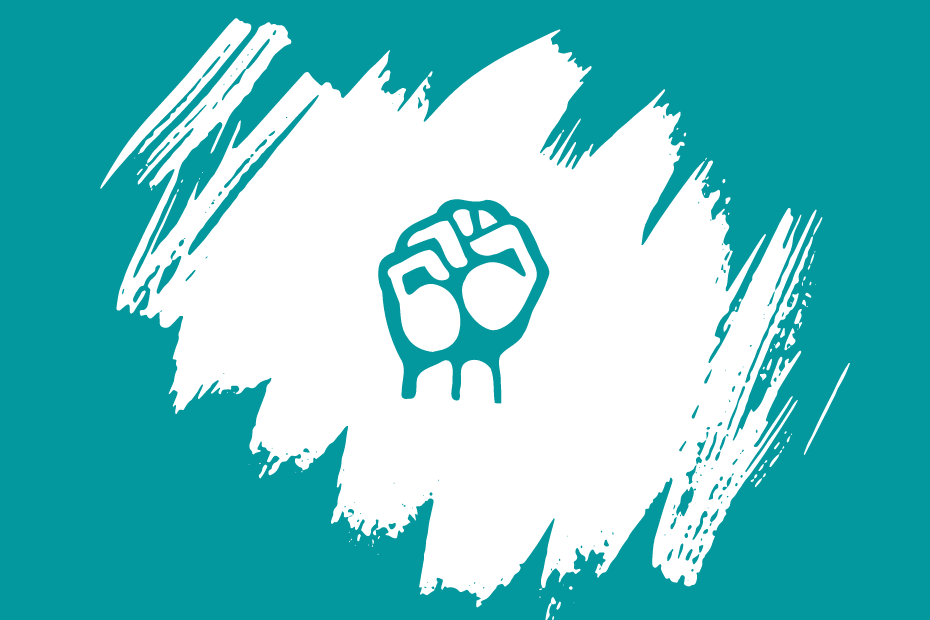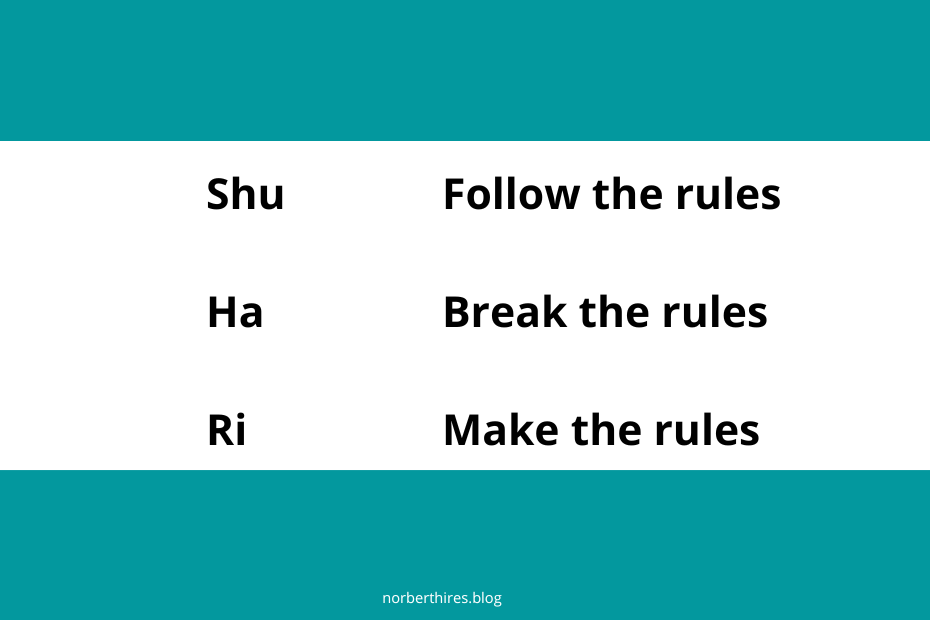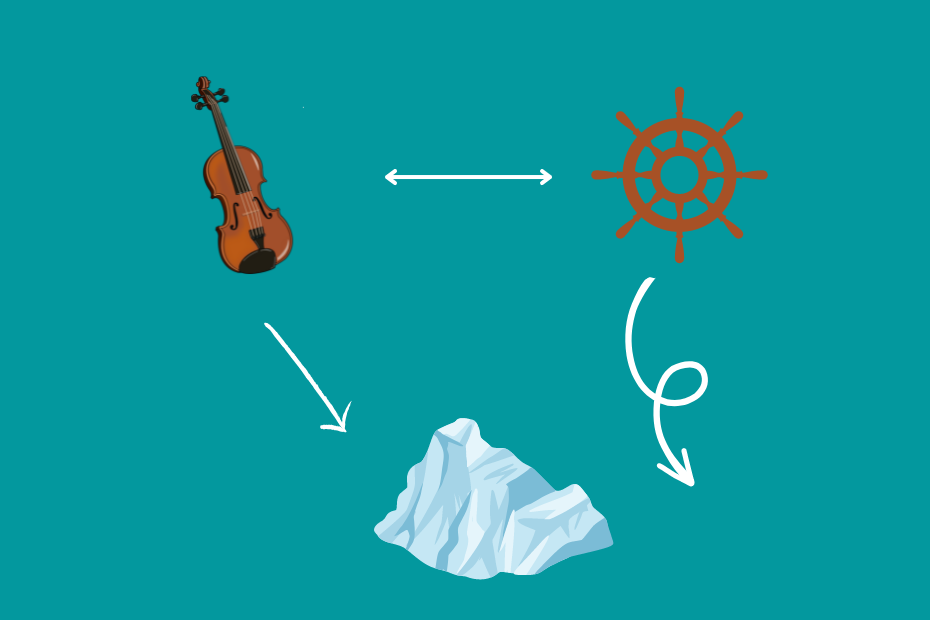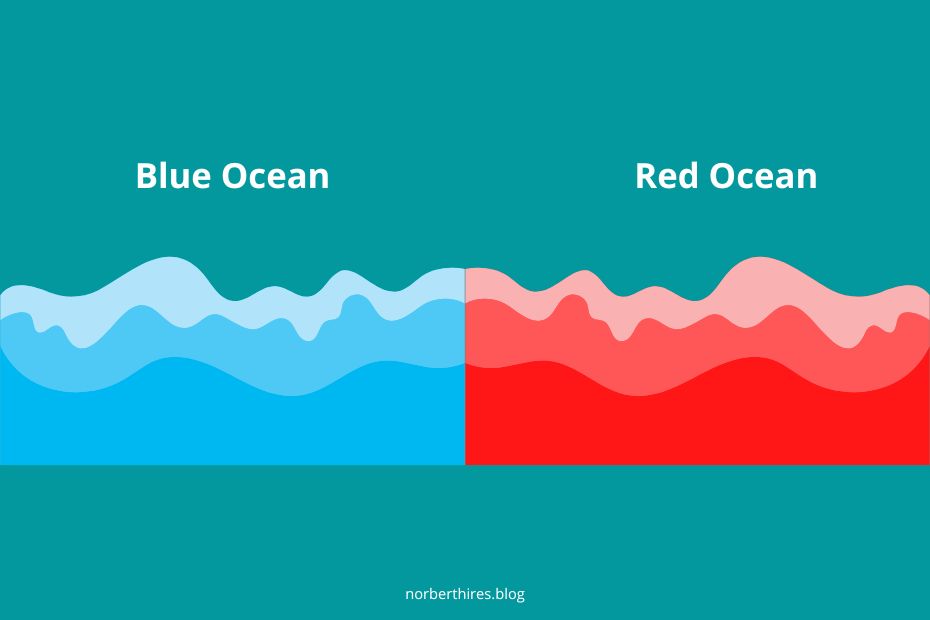How to be a Rebellious Marketeer?
When best practices are not delivering results and copying the industry leaders brings you disappointing numbers, you are right to ask: what if you try something new? What if you start to be more rebellious?

I tried to "play by the rules" most of my life. Getting good grades, picking extracurricular activities, getting into university, and securing a job looked like a solid plan.
For a long time, I did the same when it comes to marketing and writing online.
I studied competitors, reverse-engineered their playbook, learned & implemented best practices of trending traffic channels, and waited for success to kick in.
They almost never delivered the promised results.
I realized along the way that following widely accepted norms and so-called best practices rarely leads to exceptional results. When enough marketers are exploiting the same playbook, it is rarely providing exceptional results anymore.
But that's the point.
Following the average leads you to be average.
Striving for the average can be a perfect strategy when you have a competitive advantage. More inventory, better margins, bigger budget.
But for small brands or solo creators average is often not enough even to survive, let alone thrive.
I have written an SEO-driven blog in the past (and wrote about why I don't recommend to do the same). I did everything by the book which led to great rankings, a solid number of page views, and a healthy funnel to build an e-mail list.
But bigger players following the same playbook quickly went after me. They had websites with better authority, and more writers and they used them to outrank me.
The problem was not with competition.
The problem was my "follow the best-practices" strategy. I didn't have any differentiator, I was just pushing out too long SEO-optimised articles at an unsustainable cadence.
Following mainstream advice is often not enough. It sets you up for a path that does not bring you closer to your goals.
To win big while being small requires a mindset shift. It requires you to think, try new things, to learn from experiments.
It requires you to be rebellious.
Why should you be rebellious?

In Lost Connections Johann Hari is writing about the inability to influence events in our life as one of the most common causes of depression.
One of his interviewees described his experience as living a karaoke life.
There is a song written by somebody else, a tempo defined by somebody else and the only thing you can do is sing along. You can never add a line or change the rhythm.
There are more and more jobs, life situations, and global trends that are leading to a karaoke life. We live in a globalized world where our contribution as an individual often feels insignificant.
As a response we often retreat to passivity, just as Robert Green writes in Mastery:
"The natural response when people feel overwhelmed is to retreat into various forms of passivity. If we don’t try too much in life, if we limit our circle of action, we can give ourselves the illusion of control."
Being rebellious means the opposite. It is about expanding your circle of competence, trying things no one has tried before, getting rid of the limiting beliefs of the system, and ditching impostor syndrome.
Because we respect experts too much.
We believe that leading practitioners of one field have an answer for everything when in reality even the greatest are just trying their best.
During the COVID pandemic, there wasn't one best thing to do.
Different countries tried different approaches support by different authorities when it came to lockdowns, vaccines or wearing masks.
Christopher Hitchens asks you in Letters to a Young Contrarian to imagine experts as mammals. Save your respect for another day.
They don't know what they are doing.
Why shouldn't you trust yourself then?
Limiting Beliefs of Your Tribe

When you pick a user acquisition channel, buy a marketing course, or join a peer group you don't just acquire knowledge but attain beliefs of these communities as well.
In SEO as a beginner, I acknowledged as a fact that
- SEO takes at least 6 - 9 months to kick in (more often than not this is not the case),
- SEO is future-proof (Google killed Travel aggregators with Google Flights, reduced visibility of job marketplaces with Google for Jobs, and continuously putting more ads and more featured snippets which are decreasing the traffic regular folks get),
- Writing longer articles is good for the reader (for a plethora of search queries I need a one-sentence answer, not a 3000 words guide),
- I should follow every recommendation that Google communicates (I bought plugins and changed hosting to optimize Core Web Vitals without any impact on traffic)
But most of the time you shouldn't give credit without thinking and testing any hypothesis, especially in marketing, where you can measure so many things.
As the socialist politician, Eugene Debs said:
“I would not be a Moses to lead you into the Promised Land, because if I could lead you into it, someone else could lead you out of it.”
It is always better to think than be led.
Break free with Shu-Ha-Ri

You can argue that overcoming the fundamentals and discovering better ways to hone your craft is an integral part of becoming a senior practitioner.
Juniors follow the playbook, seniors write the book.
It makes sense.
To-do lists, templates, and "how-to articles" are the best friends of any beginner. But they can get outdated or you find better ways during your own practices.
In Japanese martial arts, aikido there is a great concept called Shu-Ha-Ri which eloquently summarises the notion of progress.
- Shu means obeying the rules.
- Ha represents breaking the rules.
- Ri encompasses making the rules.
When you are a complete beginner you need to obey your master and practice the fundamentals.
When you reach the "black belt" level you start to question the old ways, you start to discover better ways to do things, and you start confronting your master.
With Ri, you reach the state when you have barely anything to learn from your master. You become the master capable of making the rules.
Confronting the fog of change

Even if we take into consideration our improved skills in our profession, often we still cling to the status quo. We play by the old rules to attain the validation of others. We set goals to impress the same people.
We set meaningless goals validated by our tribe.
Brand marketers are pursuing the mysterious top-of-mind metrics, and SEOs are running after average rankings and "Good" Core Web Vital URLs.
"What if, instead of trying to be the most skilled violinist on the Titanic, we instead tried to not hit the iceberg? Imagine that."
Asks Anna Gát in her article published with the title The Fog of Change.
Indeed.
What would happen if we forget about our tribe for a moment, take the extra mile and find the metrics & goals that really move the needle?
Finding your blue ocean

Two professors of the INSEAD Business School, W. Chan Kim és Renée Mauborgne coined a marketing theory called the blue ocean strategy in their book published in 2005 under the same name.
The blue ocean strategy makes the case besides radical product differentiation to find markets where there are no competitors or where the chance of serious competition is low.
The opposite state is the red ocean, where a high number of competitors are fighting for limited opportunities.
If you follow the common sense advice, then you inevitably enter red ocean markets:
- You will invest in tech stocks just after they reached their historic peak (and start to crumble).
- You start making Tiktoks just after every one of your competitors is already doing it (and get surprised that you don't have the same hockey stick growth you saw in a case study).
- You put "money keywords" in your SEO strategy where your competitors are Hubspot, Zapier, and Salesforce (and your likelihood to rank is close to zero).
Being rebellious means acknowledging that following marketing advice shared on the cover of Forbes magazine is a terrible idea.
In marketing, you rebel by testing platforms when it is hard to justify their return, by implementing niche tactics that weren't covered in 99 guest posts and online courses before.
You rebel by finding a small enough market where you can swim and actually make progress.
The first mover's disadvantage
I got it.
You became such a big rebel, that you even question whether it is a good idea to enter a market first. And you are rightfully concerned about throwing money at shapeless ideas.
Historically companies that pave the path for innovation are not the ones who are monetarily benefiting from its fruits. Research and development are expensive and often not rewarded by the markets.
Entering as a second thought saves you the cost of trial and error.
Have you heard of the Radio Corporation of America?
I did not. But it turns out that RCA was an electronics company that developed innovative technologies like the LCD display.
On the other hand, I bet you are familiar with Samsung which built on this technology and sold millions of devices with LCD displays.
But the good (or bad) thing is that most of us are not inventors of revolutionary technologies.
We are writers, marketers, developers, and creators.
Our bet is not on funding a research center but to try a new content format, writing about a topic no one is searching for, or coming up with a new design for our website.
The rebellious soul is aiming for the ocean but is comfortable swimming in blue lakes.
Is the original doomed to fail?

So you started to question the status quo, discover new possibilities and create something original.
Hold back for a minute.
Isn't it the case that original is doomed to fail?
As our favorite economist, John Maynard Keynes pointed out:
“...it is better for reputation to fail conventionally than to succeed unconventionally.”
But if you embark on the journey of being rebellious reputation is one of the last things you should care about.
The original is often dividing.
If we would like to create to please everyone our product would be too generic. It would be about nothing to nobody.
Or as Ryan Holiday writes in Perennial Seller:
"Often the best version is not for everybody. The best art divides the audience."
There isn't such a thing as best practice.
No one knows the ever-changing rules.
Then why not give a shot at your idea?
Why not be a little bit more rebellious?



